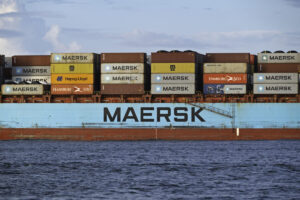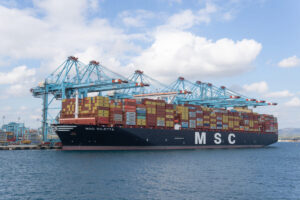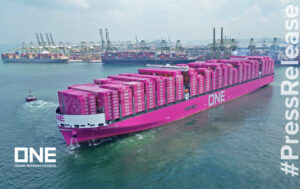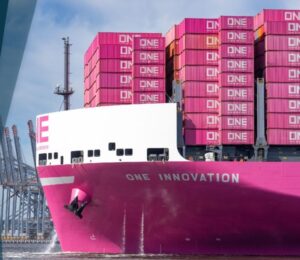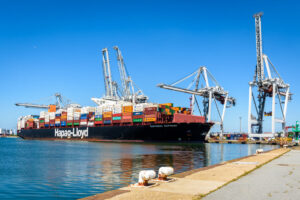As well as physical pollution and collisions being the main threats from global shipping to the whale population, noise disturbance is causing them to stop eating, sources have reported.
Humpback Whales and Orcas especially have seen their natural feeding grounds disturbed by low frequency sounds which prevent them from diving for food or locating prey.
Hannah Blair, Co-author of the study, said: “Overall, I was kind of surprised that we were able to detect any response statistically just because humpback whales are very adaptable, the next step is to determine whether this impacts their survival or whether they are able to adapt.”
Earlier in 2016, studies had shown that Orcas were too busy avoiding vessels and the noise pollution that they were no longer engaging in key survival activities like breeding, foraging and hunting.
In late 2015, Port Metro Vancouver deployed a hydrophone listening station to monitor underwater vessel noise in the Strait of Georgia to tackle this issue, and to improve the relationship between shipping activity in the area and the local whales.
Tung Chee-hwa, Former CEO of Orient Overseas Container Line (OOCL) said in a statement in February, 2016 that it would no longer be accepting cargo bookings for whale, shark, dolphin and related products.


